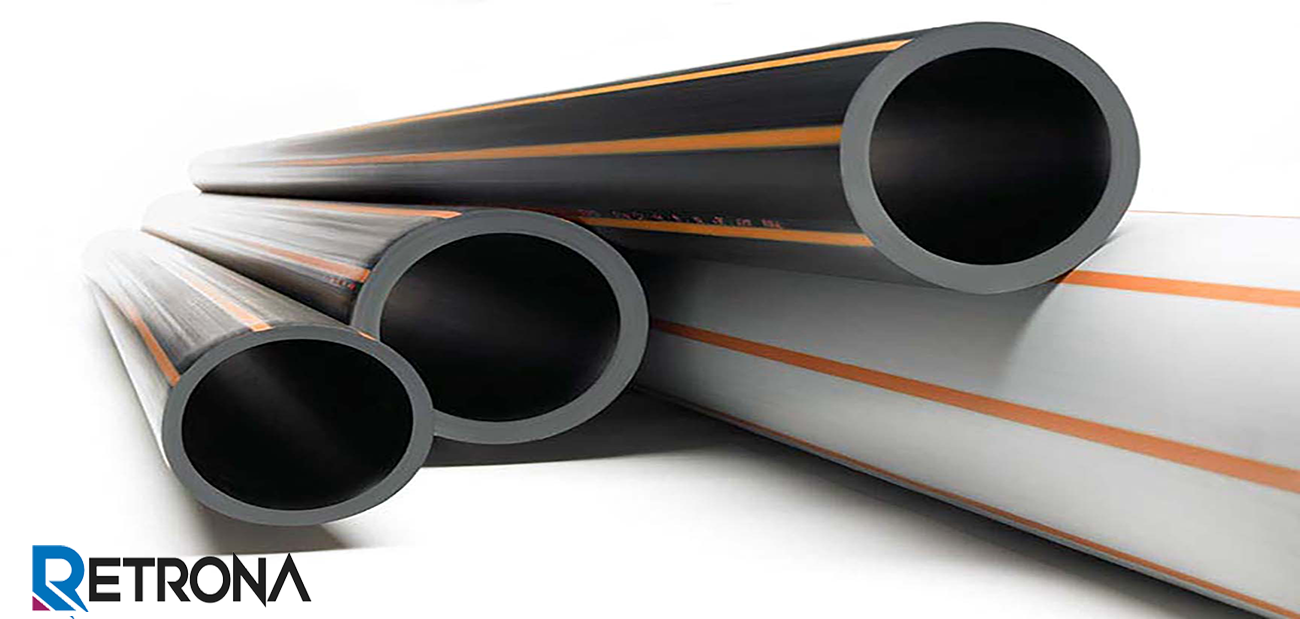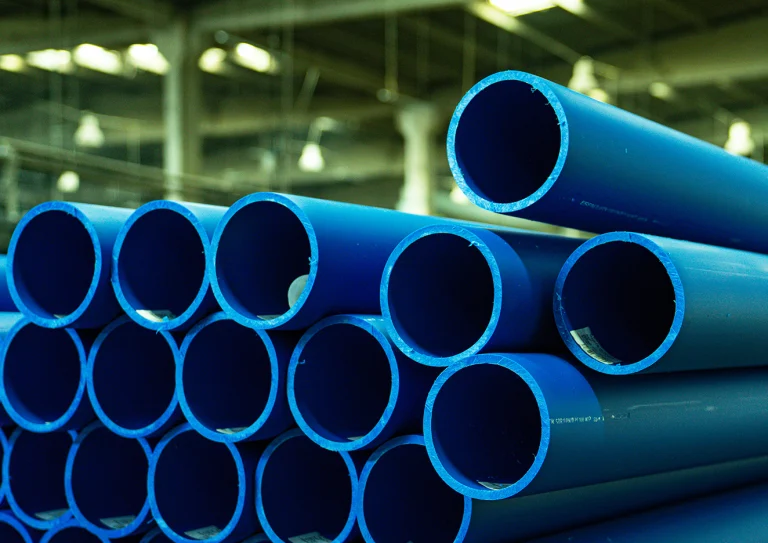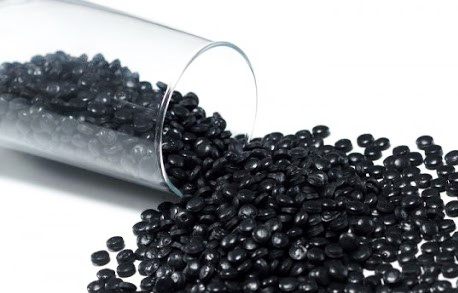PE80 vs CRP100: Which Polyethylene Grade is Better for Pressure Pipe Manufacturing?

Choosing the Right Polyethylene Grade for Pressure Pipes
Selecting the right polyethylene (PE) grade is critical in the design and performance of pressure pipes used in water, gas, and industrial applications. While PE80 has been used for decades, newer high-performance grades like CRP100 offer enhanced properties tailored for modern infrastructure demands.
In this article, we compare PE80 and CRP100 across key factors like pressure resistance, crack performance, lifespan, and UV stability, to help you decide which material is best suited for your project.
What is PE80?
PE80 (Polyethylene 80) is a second-generation HDPE material used primarily in low to medium-pressure pipe systems. While still in use, it's considered outdated compared to newer grades like PE100 and CRP100.
Key Characteristics of PE80:
Minimum Required Strength (MRS): 8 MPa
Requires thicker pipe walls for equivalent pressure classes
Moderate resistance to slow crack growth and environmental stress cracking
Not ideal for long-term or high-pressure applications
Common Applications:
Small-diameter water pipes
Irrigation systems
Gas distribution (low pressure)
Drainage and sewer systems
Renovation of older pipeline networks

What is CRP100?
CRP100 is a high-performance PE100-based compound, engineered for high-pressure applications, superior durability, and long service life. It is especially effective in demanding environments, including buried pipes, industrial use, and UV-exposed pipelines.
Key Characteristics of CRP100:
Minimum Required Strength: 10 MPa
Based on PE100 resin, enhanced with stabilizers and antioxidants
Exceptional resistance to slow crack growth (SCG) and rapid crack propagation (RCP)
Available in black formulation (CRP100 Black) for UV protection and outdoor use
Meets or exceeds ISO 4427 and EN 1555 standards
Common Applications:
Potable water and gas pipelines
High-pressure irrigation systems
Underground or exposed piping systems
Long-distance transmission pipelines
Harsh or chemically aggressive environments

| Property | PE80 | CRP100 |
|---|---|---|
| MRS (Minimum Strength) | 8 MPa | 10 MPa+ |
| Pressure Resistance | Moderate | High |
| Wall Thickness Required | Thicker | Thinner |
| Crack Resistance (SCG) | Basic | Excellent |
| UV Resistance | Low | High (with CRP100 Black) |
| Pipe Lifespan | 30–40 years | 100+ years (in ideal conditions) |
| Pipe Weight | Heavier | Lighter (due to thinner wall) |
| Application Scope | Limited to low pressure | Suitable for high-performance systems |
| Standards Compliance | Legacy systems | ISO 4427, EN 12201, EN 1555 |
Why CRP100 Outperforms PE80
Thinner Walls, Same Strength: CRP100 allows manufacturers to produce thinner pipes that meet the same pressure ratings, reducing raw material cost.
Long-Term Durability: With better resistance to oxidation, cracking, and UV damage, CRP100 lasts significantly longer in the field.
Better for Modern Standards: PE80 is being phased out in many countries. CRP100 aligns with global best practices and sustainability goals.

